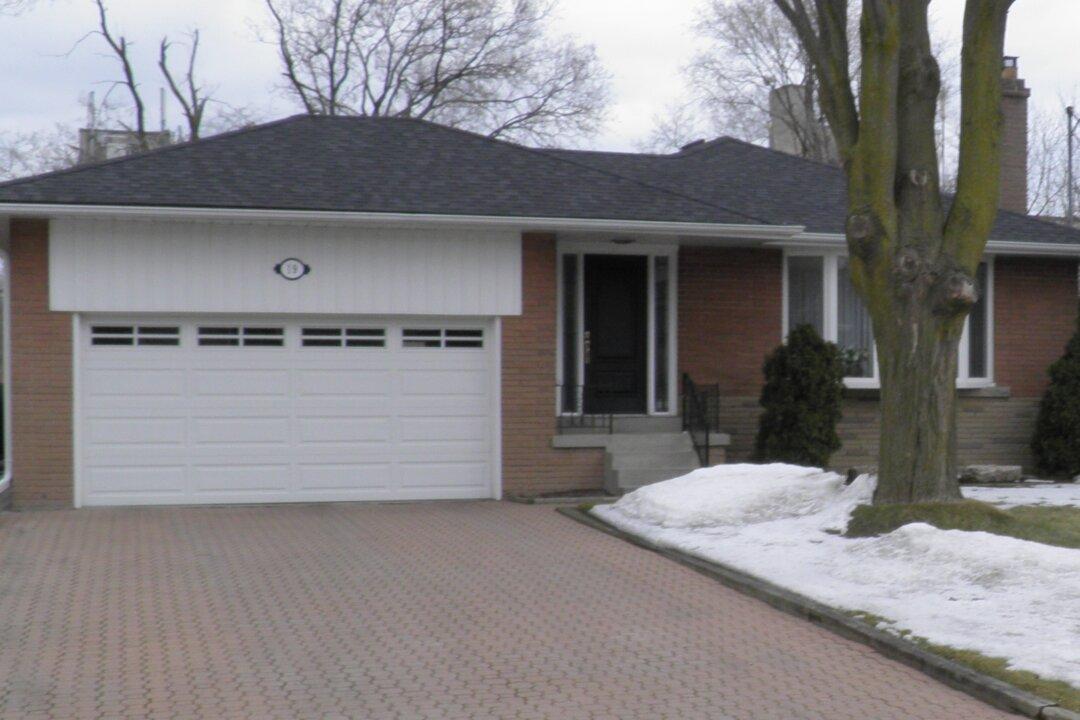Talk of a housing bubble in Canada won’t go away, and for good reason. By certain measures, Canada’s housing market is greatly overvalued not only by historical standards, but also in comparison with international housing markets.
Canadian homeowners are more leveraged than their American and British counterparts based on their elevated debt-to-disposable income ratio, which was 164 percent as of the fourth quarter of 2013. But the rate of increase in this statistic has been moderating significantly of late.
Of greater concern is where Canada ranks in terms of the ratios of home price-to-rent (measures the profitability of owning a home) and home price-to-income (measures affordability). According to data from Deutsche Bank Global Markets Research and the Organisation of Economic Co-operation and Development (OECD), Canada’s average of these two ratios is 60 percent higher than its 40-year average.
This makes Canada’s housing market the most overvalued in the world—ahead of the U.K (33 percent overvalued) and Australia (44 percent overvalued). Also, by this measure, the U.S. housing market is five percent undervalued.
The OECD categorizes these two ratios into five categories depending on whether housing is overvalued, appropriately valued, or undervalued and if home prices are rising or falling.
Canada falls into the fifth category as its housing market is overvalued and prices are rising. Housing markets in the fifth category, according to the OECD, are most vulnerable to a price correction should mortgage rates rise or income growth slow.
Another measure that uses census data is how many rooms per person (on average) a house in a given country has. This is akin to how much “housing” an individual in a given country has. Again, Canada ranks first with 2.6 rooms per person, ahead of the U.S. (2.0), and the U.K. (1.8).
Affordability Index
Affordability indexes have been developed to track housing affordability over time. In an April 30 report, Desjardins noted that housing affordability improved. However, the housing market is less affordable than it has been for the past 25 years.
The Desjardins Affordability Index (DAI) is the ratio between the average household disposable income and the income needed to obtain a mortgage on an average-priced home (cost of mortgage payments, property taxes, and utility costs). The lower it is, the less affordable the housing market.
For Canada as a whole, this statistic was 119.6 for the first quarter of 2014. This means that the average income of Canadians is about 20 percent greater than the income needed to obtain an average-priced home.
However, individual housing markets vary greatly across the country. For Vancouver, the average home price of $801,554 in the first quarter is around 10 times higher than average household income. The DAI for Vancouver is 67.5, the worst in the country.
The federal government has been reducing the taxpayer’s exposure to the housing market by insuring fewer mortgages each year through Canada Mortgage and Housing Corp. In it’s 2013 annual report, the Crown corporation said its insurance in force fell 1.6 percent.
The government is concerned about a potential downturn in the housing market and the potential liability it faces with $557 billion in insurance outstanding as of Dec. 31, 2013.




